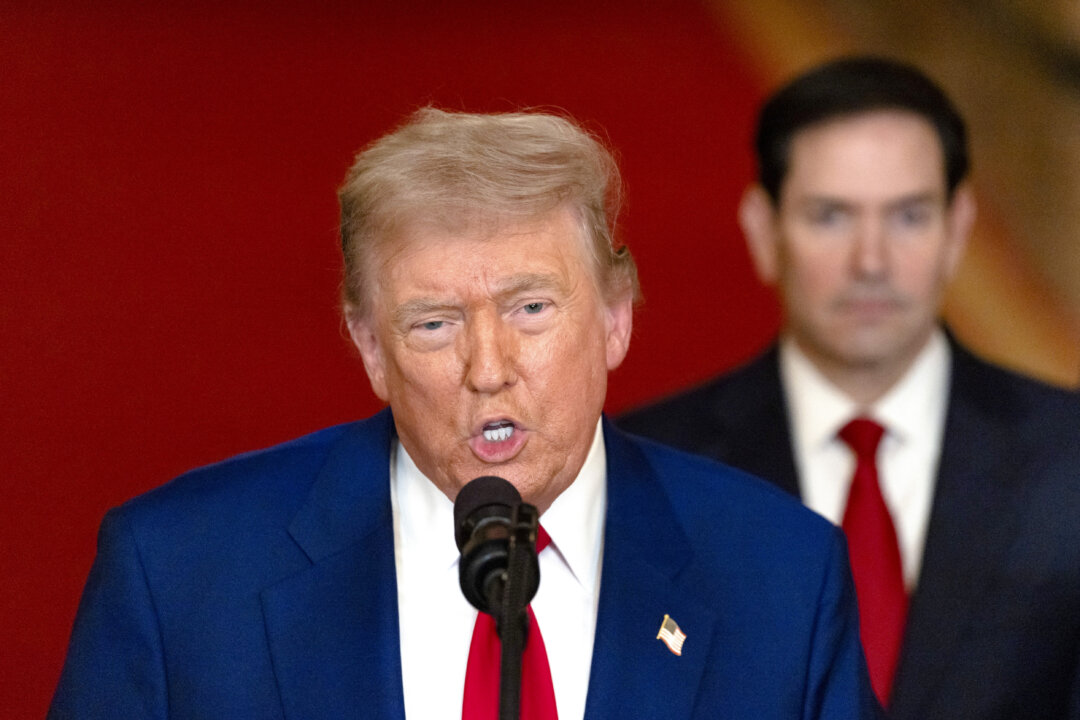Wikipedia lists British impressment as only one of the reasons:
**
The
origins of the War of 1812 (1812–1815), between the United States and the
British Empire and its
First Nation allies, have been long debated. The
War of 1812 was caused by multiple factors and ultimately led to the
US declaration of war on Britain:
- Trade restrictions introduced by Britain to impede American trade with France with which Britain was at war (the US contested the restrictions as illegal under international law).
- The impressment (forced recruitment) of seamen on US vessels into the Royal Navy (the British claimed they were British deserters).
- British military support for Native Americans who were offering armed resistance to the expansion of the American frontier in the Northwest Territory.
- A possible desire by the US to annex some or all of Canada.
- US motivation and desire to uphold national honor in the face of what they considered to be British insults, such as the Chesapeake affair.
American expansion into the
Northwest Territory (now Ohio, Indiana, Michigan, Illinois, Wisconsin, and northeast Minnesota) was impeded by Indian raids. Some historians maintain that an American goal in the war was to annex some or all of Canada, a view many Canadians still share. However, many argue that inducing the fear of such a seizure was merely an American tactic, which was designed to obtain a
bargaining chip.
Some members of the
British Parliament and dissident American politicians such as
John Randolph of Roanoke claimed that
American expansionism, rather than maritime disputes, was the primary motivation for the American declaration of war. That view has been retained by some historians.
Although the British made some concessions before the war on neutral trade, they insisted on the right to reclaim their deserting sailors. The British also had long had a goal to create a large "neutral" Indian state that would cover much of Ohio, Indiana, and Michigan. They made the demand as late as 1814 at the Ghent Peace Conference, but they lost battles that would have validated those claims.
**
Source:

en.wikipedia.org

 www.theepochtimes.com
www.theepochtimes.com










